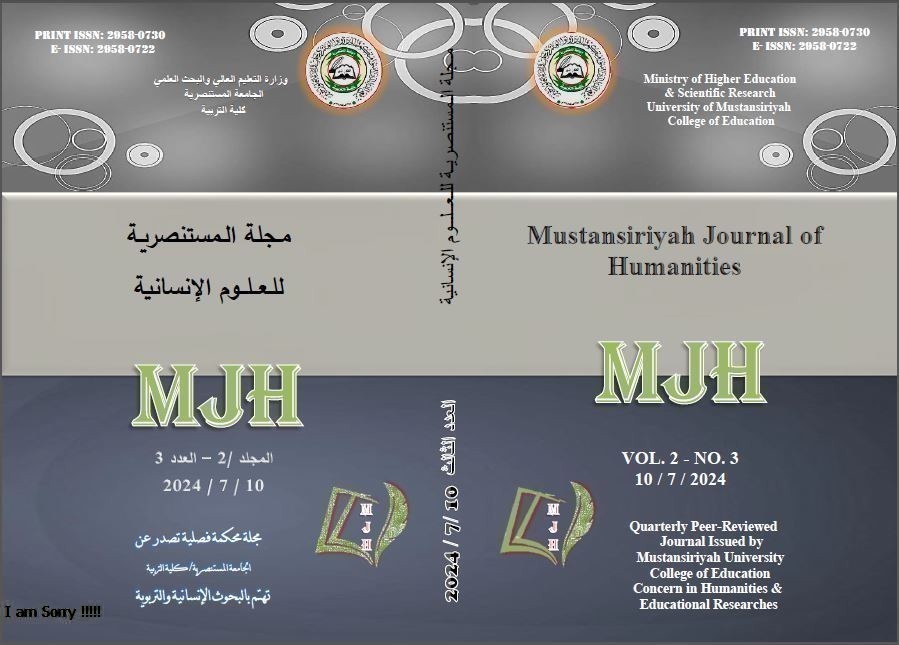Personal Status in Abbasid Society(132-656 AH/749-1258 AD) Marriage and divorce as amodel
DOI:
https://doi.org/10.47831/mjh.v2i4.614Keywords:
marriage,divorce,personal status,woman,contractAbstract
Personal status pertains to a system of regulations that oversee the interactions among individuals, covering aspects like marriage, divorce, and the implications of marital unions such as offspring and guardianship, alongside associated entitlements including alimony, inheritance, and testaments. Consequently, marriage and divorce emerge as the paramount elements of personal status due to their profound influence on societal dynamics and the regulation of interpersonal connections. Within the Abbasid community, marriage is observed across diverse social strata, evolving through various phases from commencement to termination, with precise guidelines delineated in personal status legislation. Similarly, divorce is governed by its specific protocols as mandated by law, manifesting under particular conditions while precluded under others, all in accordance with Islamic Sharia and personal status statutes within Abbasid society. The institution of marriage and the process of divorce stand as indispensable cornerstones of society; their stability correlates with the prosperity of both societal structures and familial units. Throughout the Abbasid period, characterized by stability and the flourishing of communal existence, marital unions and divorces played a pivotal role in upholding societal equilibrium.





